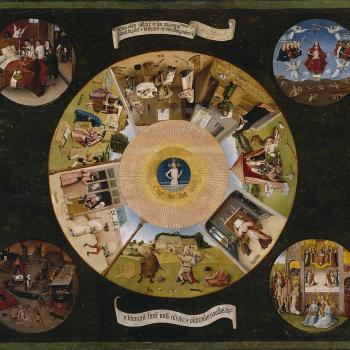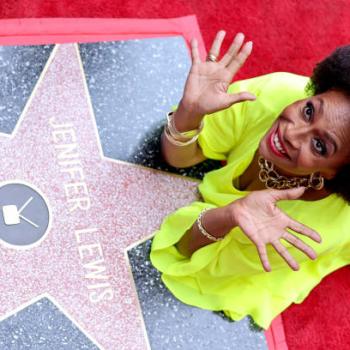00da5c98ca6a47e8b3868af6851b40d2
Faith in Marriages: The Role of Religion in Nurturing or Challenging Relationships
In the journey of marriage, faith plays a significant role. The influence of religion on relationships can either strengthen or challenge the bond between partners. This article explores the impact of faith in marriages and how religious beliefs can shape the dynamics of a relationship.
The Power of Shared Beliefs
Shared religious beliefs have the power to strengthen the bond between partners. When couples share a common spiritual foundation, it creates a sense of unity and connection. Rituals, traditions, and practices within a religious framework can provide a strong basis for couples to build their relationship upon.
Building Trust and Commitment
Faith plays a vital role in fostering trust and commitment within marriages. Religious teachings and values often guide couples in maintaining fidelity and loyalty to one another. The act of making vows and participating in religious ceremonies symbolizes the commitment couples have towards their marriage.
Finding Meaning and Purpose
Religion provides a source of meaning and purpose in marriages. Shared spiritual goals can bring fulfillment to couples, as they strive to live out their faith together. Religious teachings often inspire couples to serve a higher purpose and contribute to their community, creating a deeper sense of purpose within their relationship.
Overcoming Challenges and Differences
While faith can be a unifying force in marriages, it can also present challenges when couples have religious differences. Navigating these challenges requires open communication, understanding, and respect.
Interfaith Marriages
Interfaith marriages can face unique challenges due to differing religious beliefs. However, by fostering understanding and respect for each other’s faiths, couples can find common ground and strengthen their relationship. Flexibility and compromise are essential in creating a harmonious interfaith marriage.
Handling Religious Disagreements
Religious disagreements can arise within marriages, leading to conflicts. It is crucial to approach these disagreements with tolerance and acceptance. By engaging in respectful dialogue and seeking compromise, couples can overcome these challenges and find resolutions that honor both partners’ beliefs.
The Dark Side: When Religion Hinders Marriages
While religion can be a source of strength, it also has the potential to hinder marriages when taken to extremes.
The Pressure to Conform
Societal and religious expectations can place a heavy burden on married couples. Strict religious dogmas may restrict individual freedom within marriages, particularly regarding gender roles. The pressure to conform to these expectations can strain relationships and limit personal growth.
Shaming and Guilt
Religious guilt and shame can be used as control mechanisms within marriages. Teachings on sin and morality may impact self-esteem and create an unhealthy atmosphere within a relationship. Communities that promote such guilt can have detrimental effects on the well-being of couples.
Linda’s Take On It!
The influence of faith in marriages is complex. Religion has the potential to nurture or hinder relationships, depending on how it is practiced. It is crucial for couples to approach religious differences with open-mindedness, respect, and a willingness to find common ground. By embracing the positive aspects of faith while remaining critical of harmful practices, couples can navigate the intricate relationship between religion and marriage successfully.

















